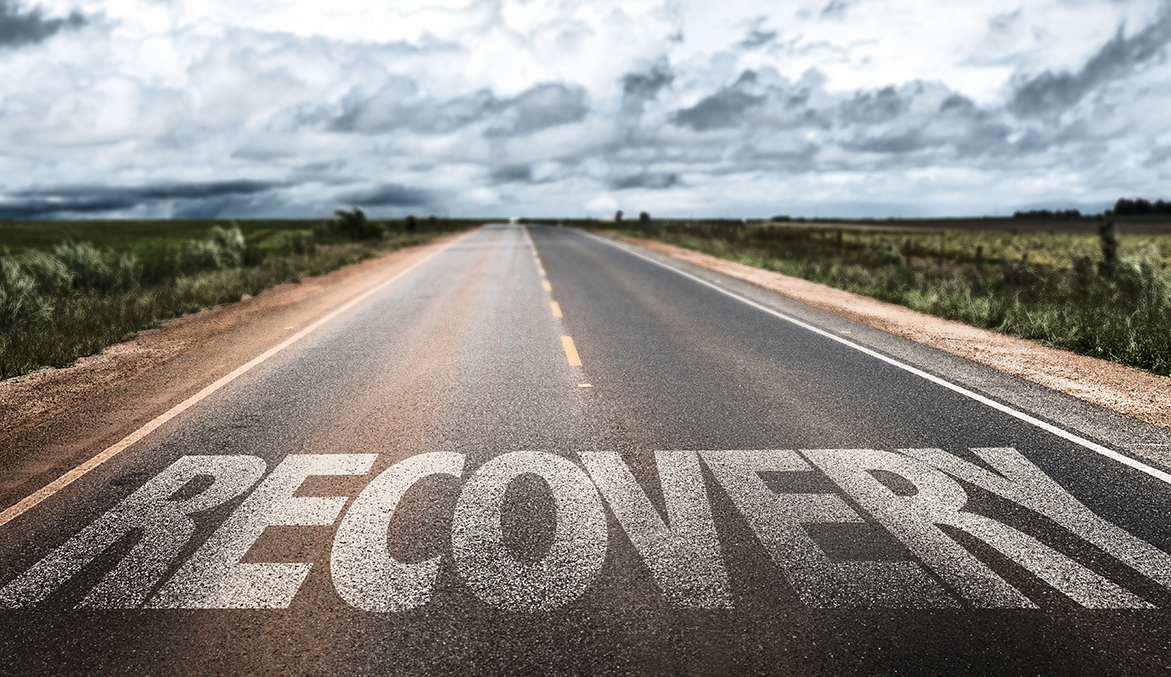Substance Abuse Counseling
Substance abuse, also known as drug abuse, is defined as the use of a drug in amounts, or by methods, which are harmful to the individual or others. Drug addiction is a chronic disease characterized by compulsive,
or uncontrollable, drug seeking and use despite harmful consequences and changes in the brain, which can be long-lasting. These changes in the brain can lead to the harmful behaviors seen in people who use drugs.
Drug addiction is also a relapsing disease. Relapse is the return to drug use after an attempt to stop.
The path to drug addiction begins with the voluntary act of taking drugs. But over time, a person's
ability to choose not to do so becomes compromised. Seeking and taking the drug becomes compulsive. This is mostly due to the effects of long-term drug exposure on brain function. Addiction affects parts of
the brain involved in reward and motivation, learning and memory, and control over behavior.

In some cases, criminal or anti-social behavior occurs when the person is under the influence of a drug, and long term personality changes in individuals may occur as well. Depending on the actual compound, drug abuse including alcohol may lead to health problems, social problems, morbidity, injuries, unprotected sex, violence, deaths, motor vehicle accidents, homicides, suicides, physical dependence or psychological addiction.
Drug abuse, including alcohol and prescription drugs, can induce symptomatology which resembles mental illness. This can occur both in the intoxicated state and during the withdrawal state. In some cases these substance induced psychiatric disorders can persist long after detoxification, such as prolonged psychosis or depression after amphetamine or cocaine abuse.
There are many options that have been successful in treating drug addiction, including:
A range of care with a tailored treatment program and follow-up options can be crucial to success. Treatment should include both medical and mental health services as needed. Follow-up care may include community- or family-based recovery support systems.
